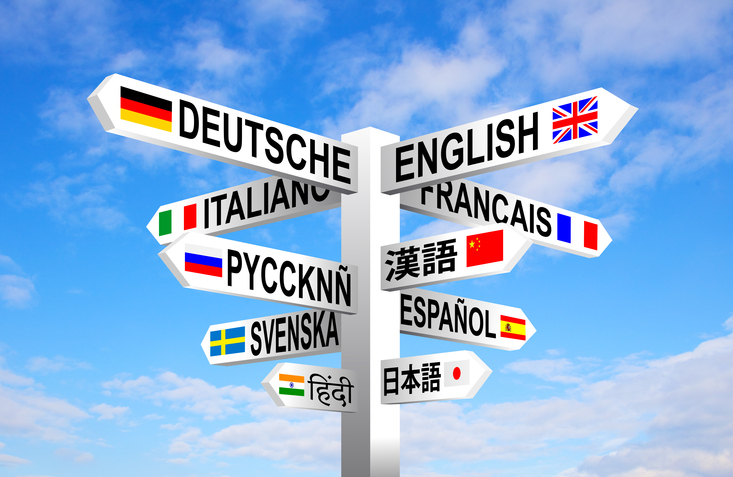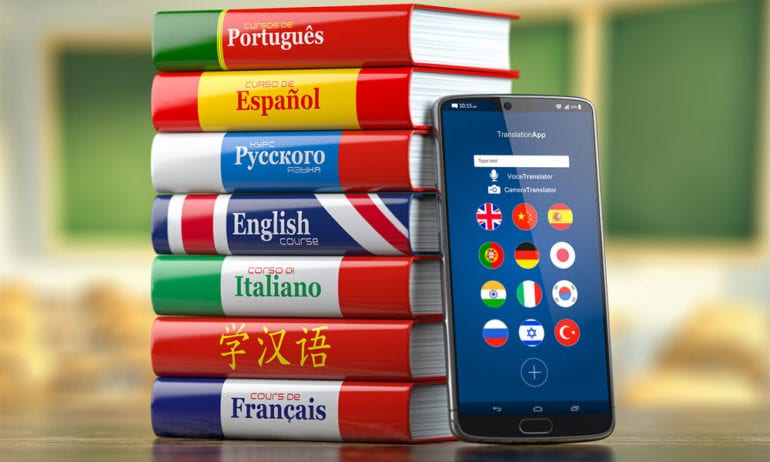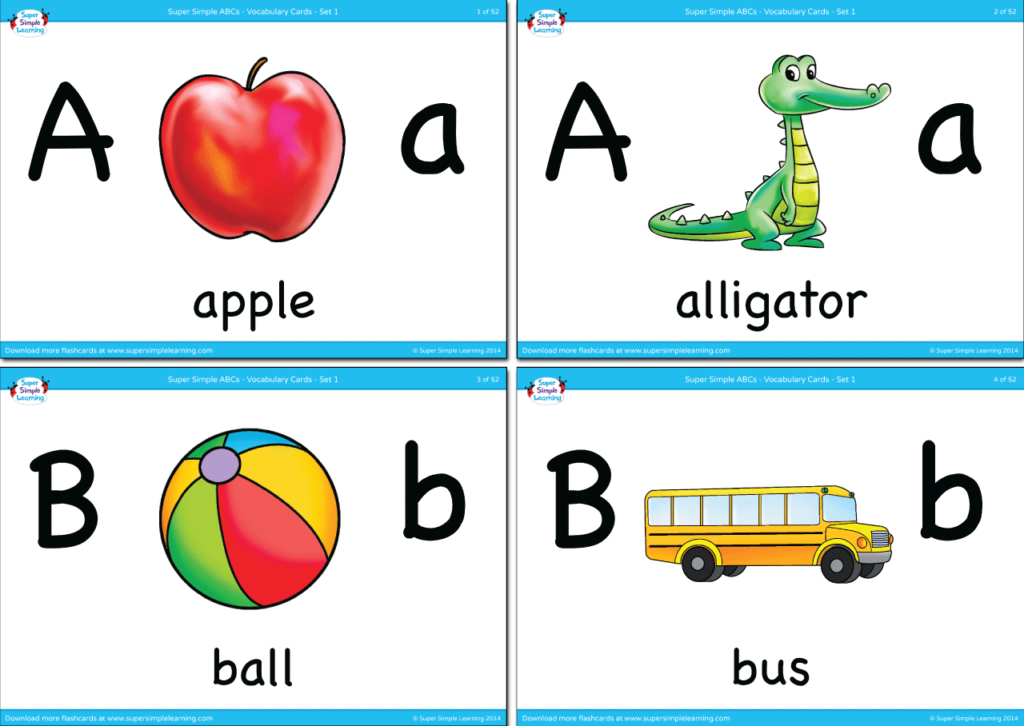
Learning basic phrases in a foreign language can significantly enhance your travel experience, helping you communicate with locals and navigate through unfamiliar places with more ease. Whether you’re planning a short trip or an extended stay, here’s how to learn essential phrases quickly and effectively before your journey.
1. Focus on Key Phrases
When learning a new language for travel, prioritize practical phrases that will be most useful. Focus on greetings, polite expressions, and questions related to directions, food, and accommodations. Phrases like “Hello,” “Thank you,” “Please,” “How much does this cost?” and “Where is the nearest bathroom?” are essential for everyday interactions.

2. Use Language Apps
Language learning apps like Duolingo, Babbel, or Memrise are great tools for learning a foreign language on the go. These apps offer bite-sized lessons and interactive exercises that help you pick up vocabulary and basic grammar. Many of them also allow you to practice pronunciation and test your understanding in real-life situations.
3. Practice Pronunciation with Audio Resources
Listening and repeating the words and phrases is key to sounding more natural when speaking. Use audio resources such as YouTube videos, language podcasts, or the audio features of language apps to hear native speakers pronounce words correctly. Repeating after them will help you master the accent and intonation.

4. Flashcards for Vocabulary
Create flashcards or use apps like Anki or Quizlet to help you memorize key phrases and vocabulary. By reviewing these flashcards regularly, you’ll retain words more easily and be able to recall them when needed.
5. Practice with a Native Speaker
If possible, find a language exchange partner or hire a tutor for some one-on-one practice. Speaking with a native speaker will help you get comfortable with the language’s flow and nuances, while also improving your confidence.
By dedicating time each day to learning a few key phrases, you’ll feel more prepared and confident to navigate your destination and engage with locals during your travels. Even if you don’t become fluent, showing effort to speak the local language is always appreciated!

